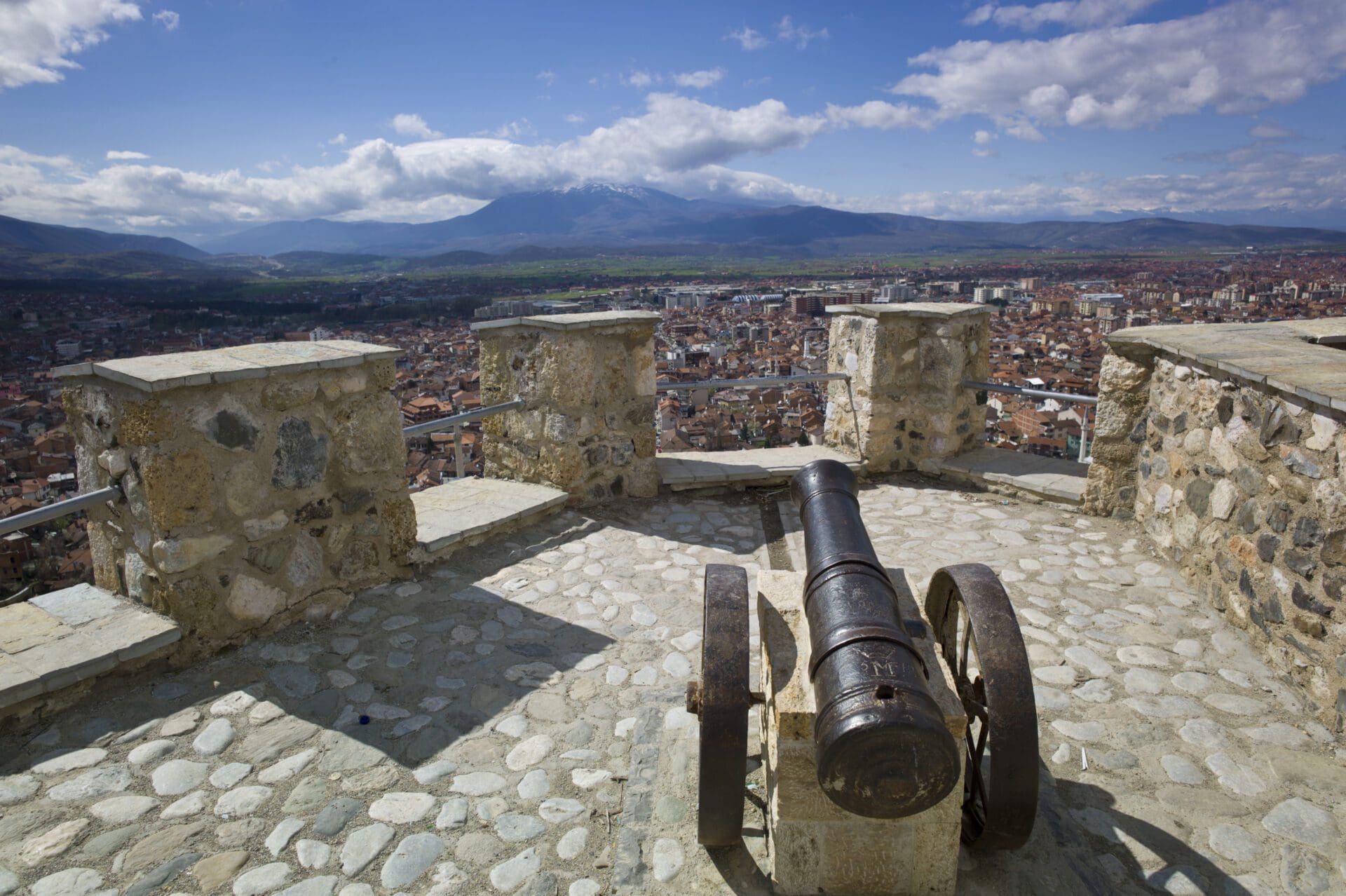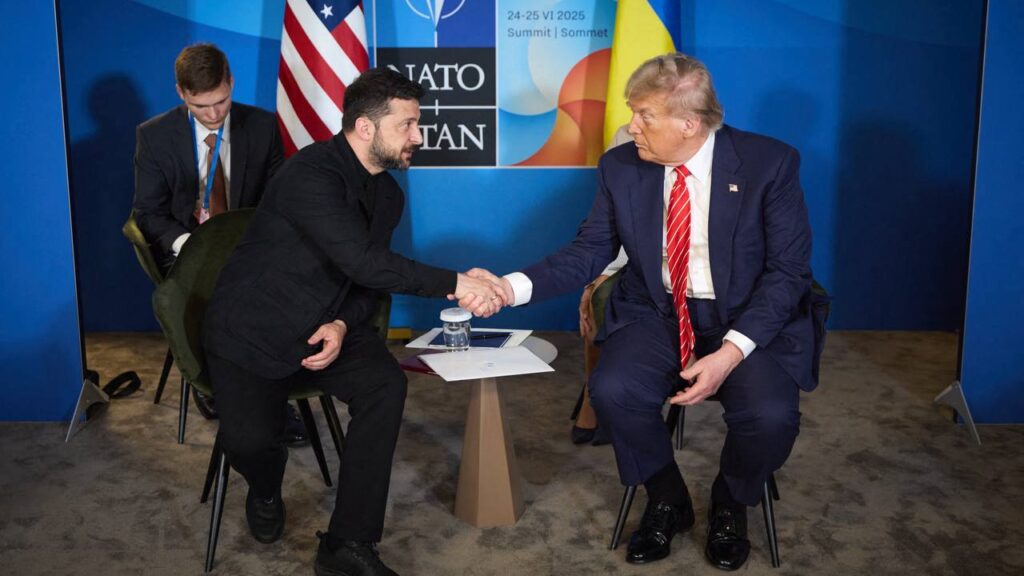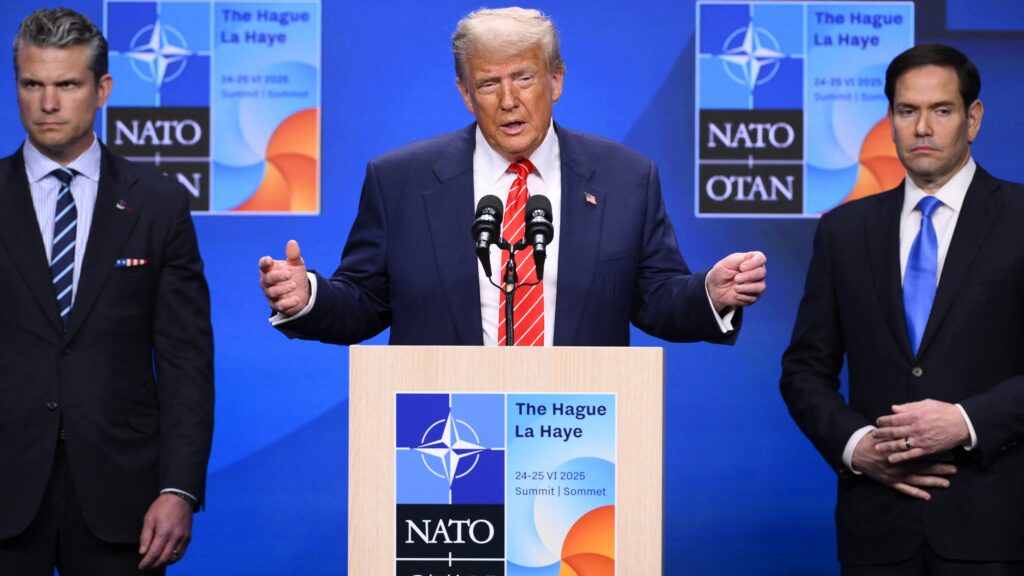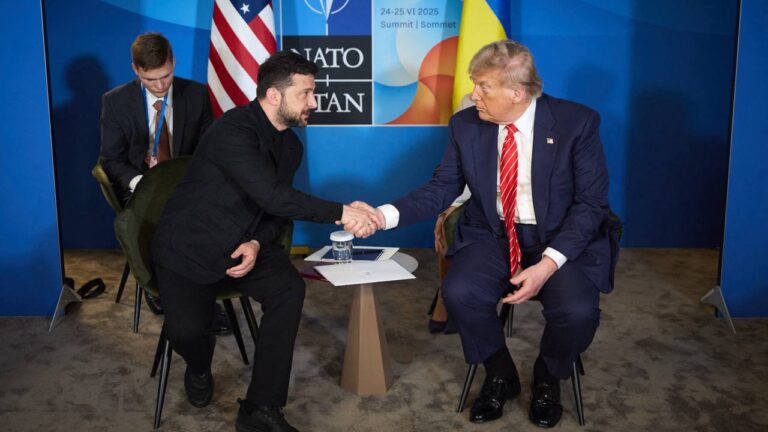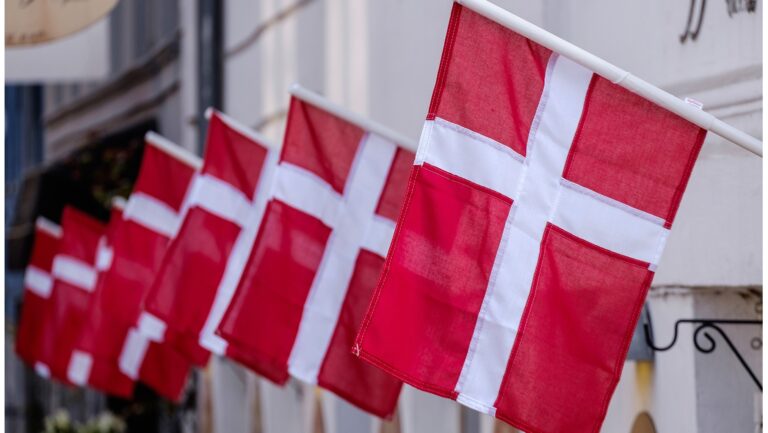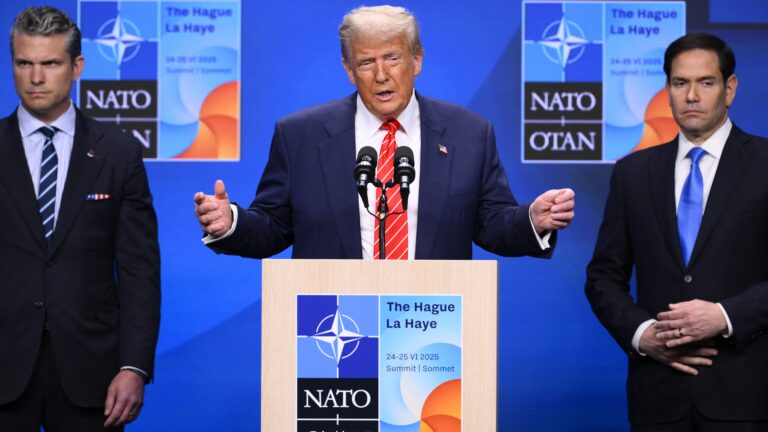The conflict between Kosovo and Serbia, which started with a dispute about licence plates, further escalated during the weekend. As we have explained earlier, the dispute was about Kosovo’s plan to introduce a fine on Serbia-issued car number plates that are in use by the 50,000 ethnic Serbs living mostly in North Kosovo. A couple of months ago, protesting the planned measure to eliminate Serbian plates, over 600 ethnic Serb police officers and other civil servants have resigned from their position, refusing to fine drivers who use Serbia-issued car number plates.
This past weekend, ethnic tensions flared with a series of protests erupting in North Kosovo. On Thursday, a police officer patrolling in the region was lightly injured in a drive-by shooting. On Saturday, a former Serbian police officer was arrested by Kosovar authorities, which triggered further unrests on the following days. On Sunday, the police exchanged fire with an unknown group, while a stun grenade was thrown at the EU police in Kosovo. Roads were blocked by Serbians in the northern parts of the country; the barricades were still in place as of Monday, 12 December. Local elections that were scheduled in North Kosovo for 18 December (and that the main Serbian political party was planning to boycott) were postponed until 23 April 2023, a step France and the US welcomed as a de-escalation of the situation.
Due to the protests, the Kosovar government increased police presence in North Kosovo.
In response, the Director of Serbia’s Office for Kosovo, Petar Petkovic, said that Belgrade is considering sending 1,000 security personnel into Kosovo under UN SC resolution 1244. In June 1999, Serbian police officers left the territories of Kosovo, but according to UN resolution 1244 ‘an agreed number of Serbian military and police personnel will be permitted to return’ to Kosovo. According to the resolution, the personnel could maintain a presence at border crossing points as well as at Serbian heritage sights while performing other functions, too. When Serbia announced that they might seek permission from NATO to allow Serbian troops and police into Kosovo, Belgrade also acknowledged that there is very little chance that their request would be approved. Kosovo, in turn, warned that Serbia is moving from covert to overt aggression against Pristina and asked the NATO-led peacekeeping forces in the country (KFOR) to remove barricades from the streets, labelling the protestors as ‘criminal gangs’.
KFOR, a NATO mission, has 27 participating nations, including Hungary.
Currently there are almost 500 Hungarian troops serving in Kosovo.
When Hungarian Defence Minister Kristóf Szalay-Bobrovniczky paid a visit to the then Hungarian-led KFOR mission in Kosovo this September, he said: ‘The security of the Western Balkans is a priority for Hungary, and Hungarian soldiers participating in the KFOR mission are making a significant contribution.’ According to the former Hungarian Commander of KFOR, Major General Ferenc Kajári, whose one-year mandate expired in October this year, the tensions between the ethnic Serbs and the majority, ethnically Albanian population in North Kosovo first started to rise when Russia launched its war against Ukraine. However, thanks to the sober conduct of Kosovo and Serbia, the tension quickly abated.
Although Kosovo unilaterally declared its independence from Serbia more than 14 years ago, it is still struggling to attain full international recognition. One arena where the country is attempting to boost its international standing and increase general sympathy for itself is sports. The Kosovo football team participated in the Qatar World Cup Qualification as well, which gave a significant boost to Kosovo’s image as a sovereign country, especially as its team played against three countries that do not recognize Pristina as an independent state (Georgia, Greece and Spain). Since 2014, when Kosovo became a member of the International Olympic Committee, Pristina has never missed a chance to use sport events (the Rio and Tokyo Olympics and now the World Cup) to popularize itself as a state. Albeit Russia, a committed ally of Serbia, does not recognize Kosovo as an independent state, when in 2016 a Kosovar won a gold medal in the European Judo Championships, the Russian military orchestra did perform Kosovo’s anthem and raised the country’s flag in Kazan, Russia.

